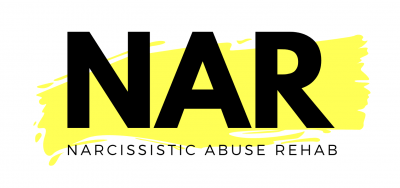Pulitzer Prize-winning journalist and divorce coach Amy Polacko joins us to unpack the alleged post-separation abuse of Catherine Kassenoff.
Vexatious Litigation
Vexatious litigation is a legal issue that has garnered attention for its negative impact on the judicial system and individuals involved in legal disputes. This practice involves the filing of numerous baseless or frivolous lawsuits with the intention to harass, burden, or financially harm the opposing party.
Vexatious litigation can be characterized by the persistent and repetitive filing of legal actions, often without merit, causing undue burden and expense to the targeted party. The motivations behind such behavior may vary and can include seeking revenge, delaying proceedings, or attempting to intimidate opponents. Individuals engaging in vexatious litigation may do so as self-represented litigants or with the assistance of unscrupulous legal advisors.
Vexatious litigation places a significant strain on the judicial system, leading to increased court costs, delays, and backlogs. Judges and court personnel are burdened with processing frivolous claims, diverting valuable resources from legitimate cases. Moreover, vexatious litigants can exploit legal loopholes and appeals, resulting in prolonged legal battles that consume both time and money.
The targets of vexatious litigation experience immense emotional distress and financial hardship. Defending against meritless claims can drain personal savings, jeopardize livelihoods, and harm reputations. Victims may suffer from anxiety, stress, and emotional trauma as they endure the relentless onslaught of frivolous lawsuits.
To address the issue of vexatious litigation, many jurisdictions have enacted laws or rules allowing courts to identify and intervene in cases of abuse. Courts may impose sanctions, fines, or even issue restraining orders to prevent vexatious litigants from further harassing their opponents. Additionally, establishing a screening process for court filings and requiring litigants to seek leave before filing multiple claims can serve as preventive measures.
Vexatious litigation poses a significant challenge to the fairness and efficiency of the legal system. By understanding the causes and consequences of this practice, legal professionals and policymakers can work together to implement effective solutions that protect the integrity of the judicial process and safeguard the rights of all litigants.

